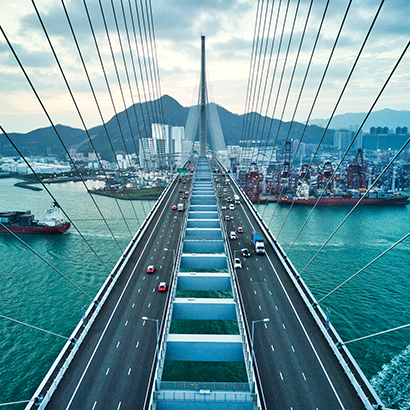
Transportation Finance
Our Transportation Finance lawyers help satisfy the capital needs for the transportation industry globally, focusing on finance and leasing transactions for the aviation, maritime, and rail sectors.
We work closely with our counterparts in our cross-disciplinary aviation and maritime industry practice groups, and also partner with lawyers in other finance-related practices such as corporate, acquisition and asset-based finance, project finance, restructuring and insolvency, and securitization.
As part of a fully integrated network of law offices and law partners, we draw regularly upon the comprehensive resources of the firm to address the full scope of related regulatory, legal, and other issues that arise in complex multi-jurisdiction finance, leasing, and restructuring transactions for the aviation, maritime, and rail sectors.
Chambers and Partners
Ranked by Chambers Germany for Transportation: Rail & Aviation Asset Finance, 2025
Ranked by Chambers Germany for Transportation: Rail & Aviation Asset Finance, 2024 *Formerly Europe Guide through 2024
Legal 500
Ranked by The Legal 500 United Kingdom for Transport Finance and Leasing in London, 2026
Ranked by The Legal 500 United Kingdom for Transport Finance and Leasing in London, 2025
The year 2025 saw significant regulatory activity in the realm of digital assets. The US Congress and financial regulators took steps to create and implement a clear legal framework to facilitate financial transactions using digital assets, and they will continue to do so in 2026.
Artificial intelligence regulation and litigation are set to take center stage in 2026, as new laws, guidance, and enforcement priorities are introduced at the federal and state levels.
New York state and New York City continue to advance an extensive and evolving framework of workplace regulations.
In this article, Dr. Jan Boeing and Arnaud Dobelle outline the key milestones of the new regulatory framework, its interplay with financial sector rules such as DORA and PSD2, and what the upcoming Digital Omnibus proposal means for organisations deploying AI in Europe.

